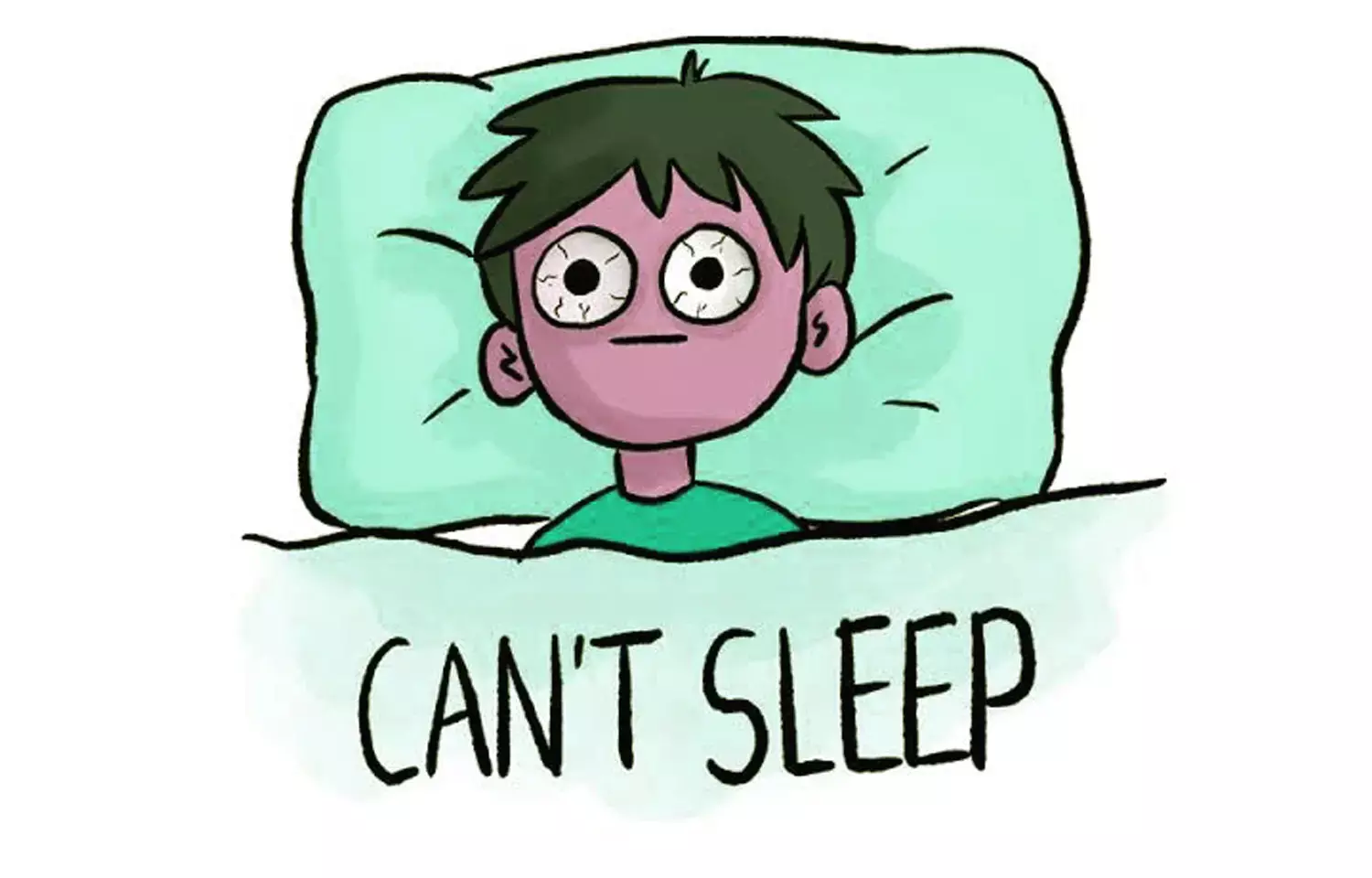- Home
- Medical news & Guidelines
- Anesthesiology
- Cardiology and CTVS
- Critical Care
- Dentistry
- Dermatology
- Diabetes and Endocrinology
- ENT
- Gastroenterology
- Medicine
- Nephrology
- Neurology
- Obstretics-Gynaecology
- Oncology
- Ophthalmology
- Orthopaedics
- Pediatrics-Neonatology
- Psychiatry
- Pulmonology
- Radiology
- Surgery
- Urology
- Laboratory Medicine
- Diet
- Nursing
- Paramedical
- Physiotherapy
- Health news
- Fact Check
- Bone Health Fact Check
- Brain Health Fact Check
- Cancer Related Fact Check
- Child Care Fact Check
- Dental and oral health fact check
- Diabetes and metabolic health fact check
- Diet and Nutrition Fact Check
- Eye and ENT Care Fact Check
- Fitness fact check
- Gut health fact check
- Heart health fact check
- Kidney health fact check
- Medical education fact check
- Men's health fact check
- Respiratory fact check
- Skin and hair care fact check
- Vaccine and Immunization fact check
- Women's health fact check
- AYUSH
- State News
- Andaman and Nicobar Islands
- Andhra Pradesh
- Arunachal Pradesh
- Assam
- Bihar
- Chandigarh
- Chattisgarh
- Dadra and Nagar Haveli
- Daman and Diu
- Delhi
- Goa
- Gujarat
- Haryana
- Himachal Pradesh
- Jammu & Kashmir
- Jharkhand
- Karnataka
- Kerala
- Ladakh
- Lakshadweep
- Madhya Pradesh
- Maharashtra
- Manipur
- Meghalaya
- Mizoram
- Nagaland
- Odisha
- Puducherry
- Punjab
- Rajasthan
- Sikkim
- Tamil Nadu
- Telangana
- Tripura
- Uttar Pradesh
- Uttrakhand
- West Bengal
- Medical Education
- Industry
Poor sleep can triple risk for heart disease

Individual aspects of poor sleep can be detrimental to heart health. But if you combine them, the risk of heart disease can increase by as much as 141 percent. That's the finding of a new study published in the journal Scientific Reports.
The University of South Florida-led study reviewed sleep data of 6,820 U.S. adults with an average age of 53 who self-reported their sleep characteristics and heart disease history. Among the participants, 633 also wore a research device (actigraphy) around their wrist that captured sleep activity.
Researchers focused on multiple aspects of sleep health, such as regularity, satisfaction, alertness during waking hours, timing of sleep, sleep efficiency and sleep duration and linked them to physician-diagnosed heart disease. They found that each additional increase in self-reported sleep health problems was associated with a 54 percent increased risk of heart disease. The estimated risk of heart disease associated with an increase in sleep health problems was much higher for those who provided sleep data by both self-report and the research device. They had a 141 percent increase -- a figure that could be perceived to be more accurate.
"These findings show the importance of assessing 'co-existing sleep health problems' within an individual to capture the risk of heart disease. This is one of the first studies showing that, among well-functioning adults in midlife, having more sleep health problems may increase the risk of heart disease," said lead author Soomi Lee, assistant professor of aging studies and director of the STEALTH lab at USF. "The higher estimated risk in those who provided both self-report and actigraphy sleep data suggests that measuring sleep health accurately and comprehensively is important to increase the prediction of heart disease."
The research team asked participants about their health, including if their physician confirmed a heart condition such as arrythmia, heart murmur or an enlarged heart. High blood pressure was not considered a diagnosis as it's labeled a risk factor for heart disease rather than a heart disease condition. They also controlled for family history of heart disease and sociodemographic factors, such as race, sex, smoking, depression and physical activity.
Researchers found that while women reported having more sleep health problems, men were more likely to suffer heart disease -- yet gender did not impact the overall correlation between the two factors. They also found that Black participants had more sleep health problems and a higher prevalence of heart disease than white participants, but the strong association between sleep health and heart disease did not differ by race in general.
Lee says while sleep health is important for all ages, the team focused on middle adulthood as it spans for a longer period of time and consists of diverse and more stressful life experiences due to work and family roles. This is also when precursors for heart disease and age-related sleep issues begin to arise.
Since sleep health can be modified, researchers say these findings can contribute to future prevention strategies to mitigate the risk of heart disease, which is the leading cause of death in the U.S.
Hina Zahid Joined Medical Dialogue in 2017 with a passion to work as a Reporter. She coordinates with various national and international journals and association and covers all the stories related to Medical guidelines, Medical Journals, rare medical surgeries as well as all the updates in the medical field. Email: editorial@medicaldialogues.in. Contact no. 011-43720751
Dr Kamal Kant Kohli-MBBS, DTCD- a chest specialist with more than 30 years of practice and a flair for writing clinical articles, Dr Kamal Kant Kohli joined Medical Dialogues as a Chief Editor of Medical News. Besides writing articles, as an editor, he proofreads and verifies all the medical content published on Medical Dialogues including those coming from journals, studies,medical conferences,guidelines etc. Email: drkohli@medicaldialogues.in. Contact no. 011-43720751


